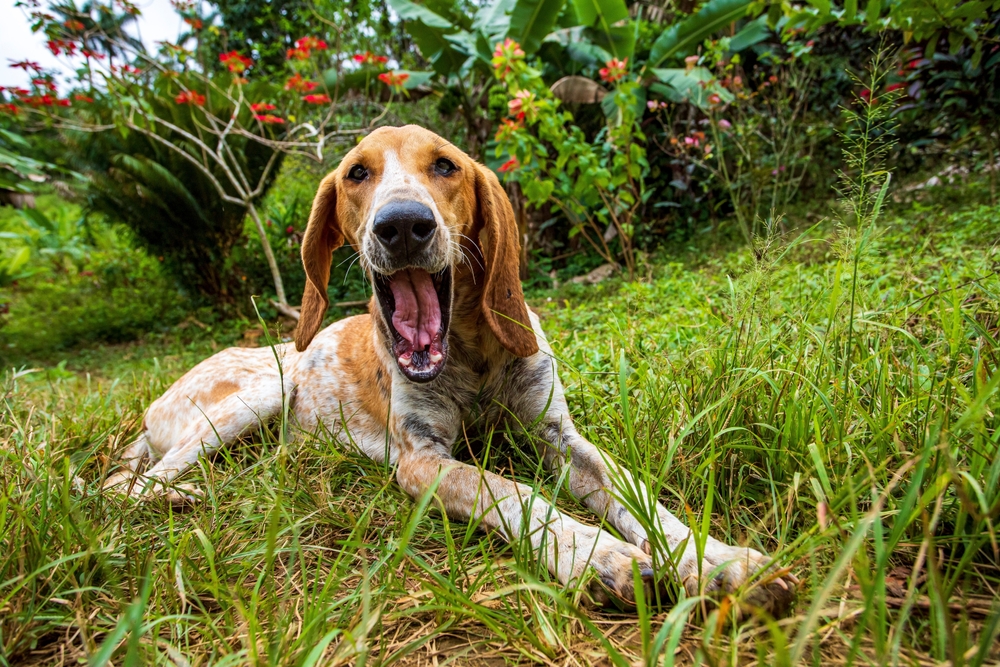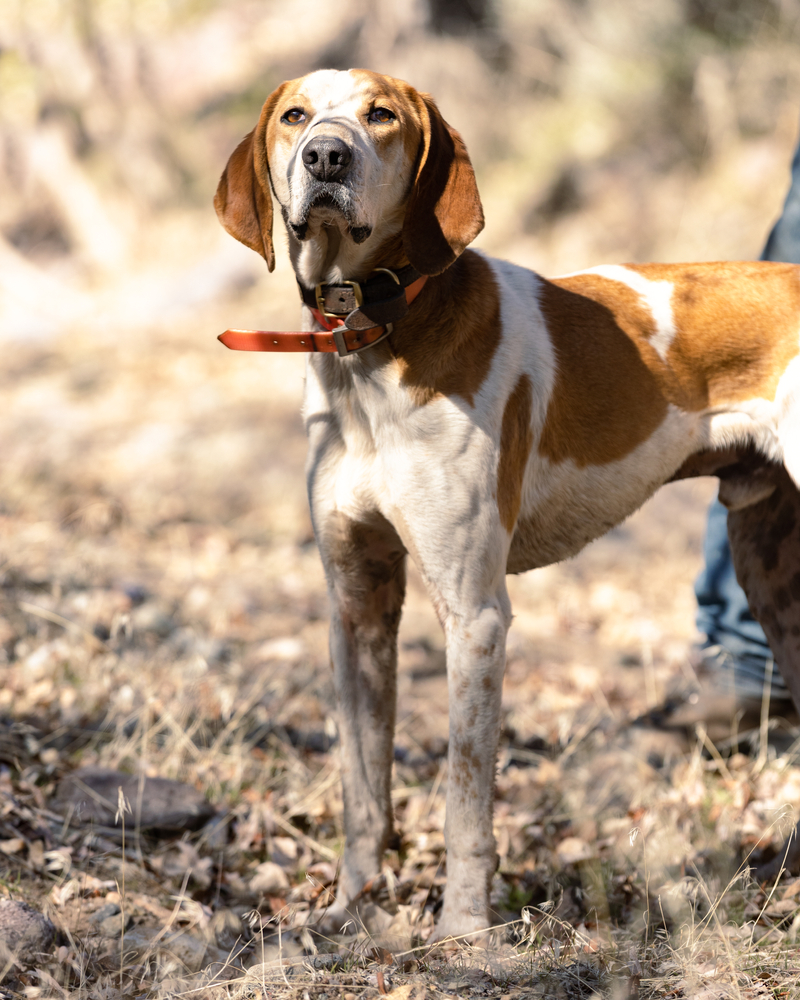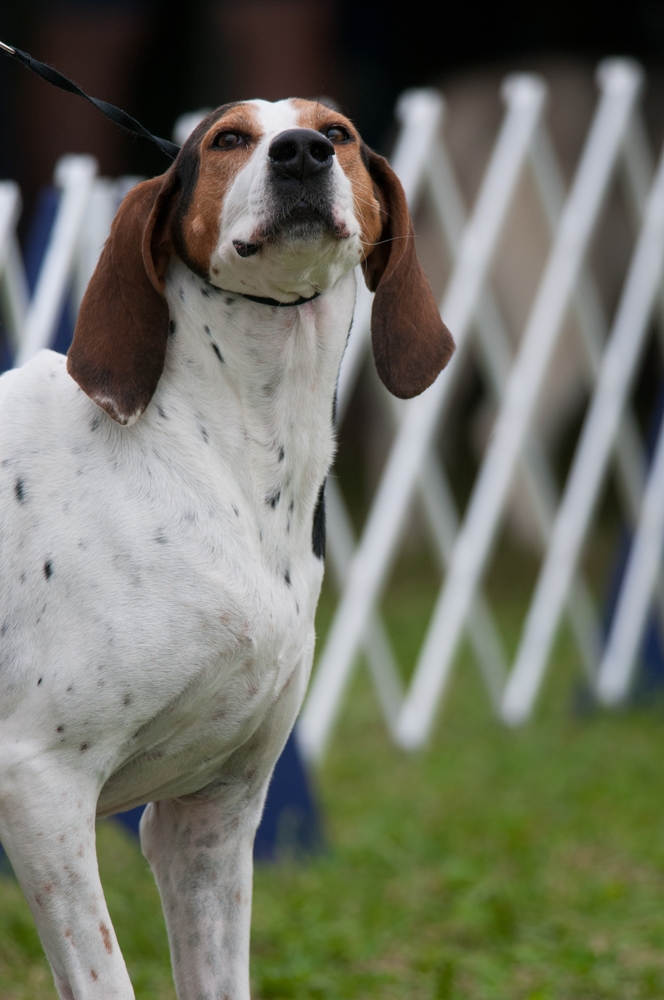Breeding Practices and Considerations for American English Coonhounds
In this comprehensive guide, we delve into the intricacies of breeding practices and considerations for American English Coonhounds. Breeding these intelligent and versatile dogs requires meticulous planning, understanding of breed standards, and a commitment to promoting healthy, well-tempered, and genetically sound individuals. In this article, we will explore the essential aspects of breeding American English Coonhounds and offer valuable insights to help you become a responsible and successful breeder.
Example Content Here

Understanding the American English Coonhound
Before diving into breeding practices, it’s crucial to have a clear understanding of the American English Coonhound breed. These hounds are renowned for their exceptional hunting abilities, particularly for raccoons and other game animals. They possess a keen sense of smell, boundless energy, and a strong instinct to trail and tree game.
Breed Standard
The breed standard serves as a blueprint for what a well-bred American English Coonhound should look like. It outlines specific physical attributes, temperament, and gait, providing a benchmark for evaluating breeding stock. Key characteristics of the breed include:
-
Size: American English Coonhounds are medium to large-sized dogs, typically weighing between 40 to 75 pounds and standing 21 to 27 inches at the shoulder.
-
Coat: Their short, dense, and glossy coat comes in various colors, such as blue and white ticked, red and white ticked, tri-colored, and more.
-
Temperament: These dogs are known for their friendly, sociable, and affectionate nature. They thrive in the company of humans and other dogs, making them excellent family pets.


Responsible Breeding Practices
Health Screening
Maintaining the health and well-being of the breed is of utmost importance for responsible breeders. Before breeding, all potential breeding dogs should undergo comprehensive health screenings. These screenings help identify genetic issues that may be present in the bloodline, allowing breeders to make informed decisions to prevent passing on hereditary diseases to future generations.
Selecting the Right Pairing
A successful breeding program involves selecting the right pair of dogs to complement each other’s strengths and weaknesses. A breeder should thoroughly evaluate the pedigree, conformation, and temperament of both the dam and sire to ensure they are compatible and will produce healthy offspring.
Genetic Diversity
To avoid potential health problems caused by inbreeding, maintaining genetic diversity is critical. Responsible breeders carefully assess the ancestry of the dogs they plan to breed to prevent an excessive concentration of certain genetic traits that might lead to health issues.
Whelping and Puppy Care
When the dam is due to give birth, providing a safe and comfortable whelping area is essential. Breeders should be present to assist during the birthing process, if necessary. After the puppies are born, diligent care, nutrition, and socialization play a vital role in raising healthy and well-adjusted Coonhound puppies.
Ethical Considerations
Avoiding Overbreeding
Overbreeding can lead to a surplus of Coonhounds without enough loving homes, potentially contributing to homelessness and overcrowded shelters. Responsible breeders are cautious about the number of litters they produce and prioritize the well-being of the breed over financial gains.
Finding Suitable Homes
A reputable breeder takes the time to interview prospective buyers, ensuring they can provide a suitable environment for the Coonhound. They prioritize responsible pet ownership and are committed to finding loving forever homes for their puppies.
Lifetime Commitment
Breeders maintain a lifetime commitment to the well-being of the Coonhounds they produce. They are readily available to offer advice, support, and assistance to puppy owners whenever needed.

Breeding Practices and Considerations for American English Coonhounds
Breeding American English Coonhounds is a labor of love and dedication. Responsible breeders prioritize the health and well-being of the breed above all else. They adhere to breed standards, focus on genetic diversity, and place the welfare of the puppies they produce at the forefront. By following ethical breeding practices, we can ensure the preservation and betterment of this magnificent breed for generations to come.